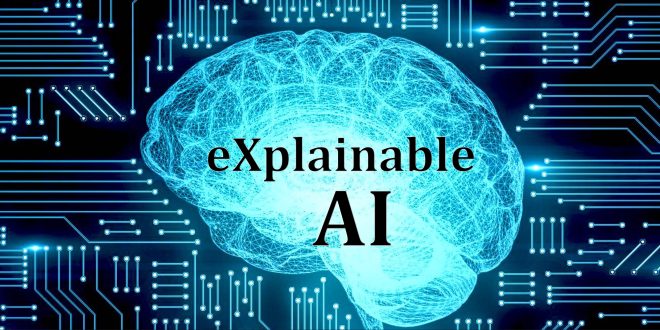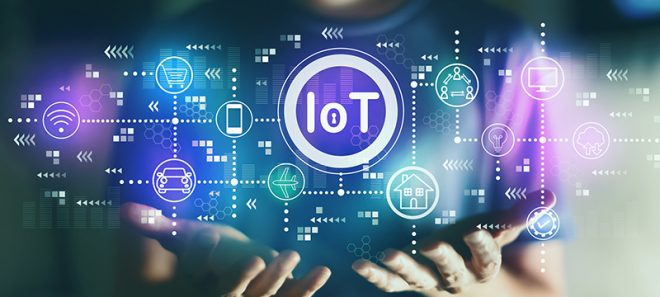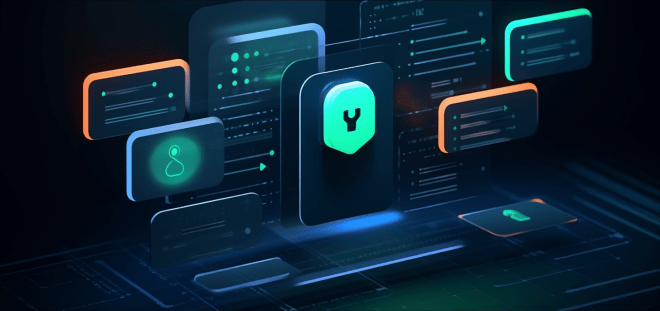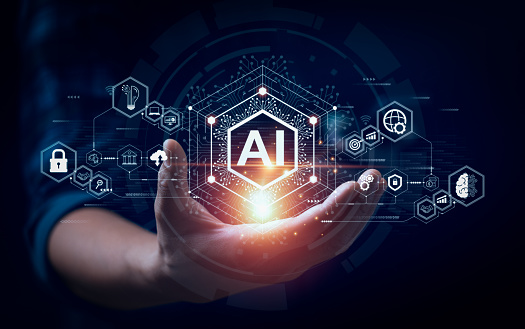Emerging Technologies in ICT: AI, IoT, and Blockchain
Introduction
In the ever-evolving landscape of Information and Communication Technology (ICT), several emerging technologies are reshaping how businesses operate, innovate, and compete. Among these, Artificial Intelligence (AI), the Internet of Things (IoT), and Blockchain stand out as transformative forces. These technologies are not only enhancing existing ICT capabilities but are also opening up new possibilities and business models. Let’s dive into these three key technologies and explore their impact on modern businesses.
1. Artificial Intelligence (AI)
Overview: AI refers to the simulation of human intelligence in machines that are programmed to think and learn. It includes various subfields such as machine learning, natural language processing, and computer vision.

Applications in Business:
- Automation: AI can automate routine tasks, freeing up human resources for more strategic activities. For example, chatbots can handle customer inquiries, and robotic process automation (RPA) can streamline back-office operations.
- Data Analysis: AI-powered analytics tools can process vast amounts of data quickly, uncovering insights that would be impossible for humans to detect. This helps in making data-driven decisions.
- Personalization: AI algorithms can analyze customer behavior and preferences to deliver personalized experiences. This is particularly useful in marketing, where personalized recommendations can significantly boost sales.
- Predictive Maintenance: In manufacturing, AI can predict equipment failures before they occur, reducing downtime and maintenance costs.
Future Prospects: AI is expected to become more integrated into business operations, with advancements in areas such as autonomous systems, advanced robotics, and intelligent automation.
2. Internet of Things (IoT)
Overview: IoT refers to the interconnected network of physical devices embedded with sensors, software, and other technologies to collect and exchange data. This network can include anything from household appliances to industrial machinery.

Applications in Business:
- Supply Chain Management: IoT devices can track goods in real-time, providing visibility into the supply chain and helping to optimize logistics and inventory management.
- Smart Manufacturing: IoT enables the concept of Industry 4.0, where machines communicate with each other to improve production efficiency and quality.
- Remote Monitoring: Businesses can monitor equipment and assets remotely, reducing the need for on-site inspections and enabling proactive maintenance.
- Customer Insights: IoT devices can gather data on how customers interact with products, providing valuable insights for product development and marketing strategies.
Future Prospects: The expansion of IoT is expected to lead to more connected ecosystems, driving innovations in smart cities, healthcare, agriculture, and beyond.
3. Blockchain
Overview: Blockchain is a decentralized ledger technology that ensures data integrity and security through cryptographic hashing. Each transaction is recorded in a block, and these blocks are linked together in a chain.

Applications in Business:
- Supply Chain Transparency: Blockchain can provide an immutable record of the journey of goods, from raw materials to the end consumer, ensuring transparency and traceability.
- Smart Contracts: These are self-executing contracts with the terms directly written into code. They automatically enforce and execute agreements when predefined conditions are met, reducing the need for intermediaries.
- Digital Identity Verification: Blockchain can securely manage digital identities, reducing the risk of fraud and streamlining verification processes.
- Financial Transactions: Blockchain enables secure and transparent transactions, reducing the need for traditional financial intermediaries and lowering transaction costs.
Future Prospects: Blockchain is poised to revolutionize industries by providing more secure and efficient ways to handle transactions and data. Its potential applications extend beyond finance to sectors such as healthcare, real estate, and government services.
Conclusion
AI, IoT, and Blockchain are more than just buzzwords; they are powerful technologies that are reshaping the ICT landscape and driving business innovation. By harnessing the capabilities of AI, businesses can automate processes, gain insights from data, and deliver personalized experiences. IoT is enabling smarter operations and real-time monitoring, while Blockchain is enhancing transparency, security, and efficiency in transactions. As these technologies continue to evolve, businesses that embrace and integrate them will be well-positioned to thrive in the digital age.






